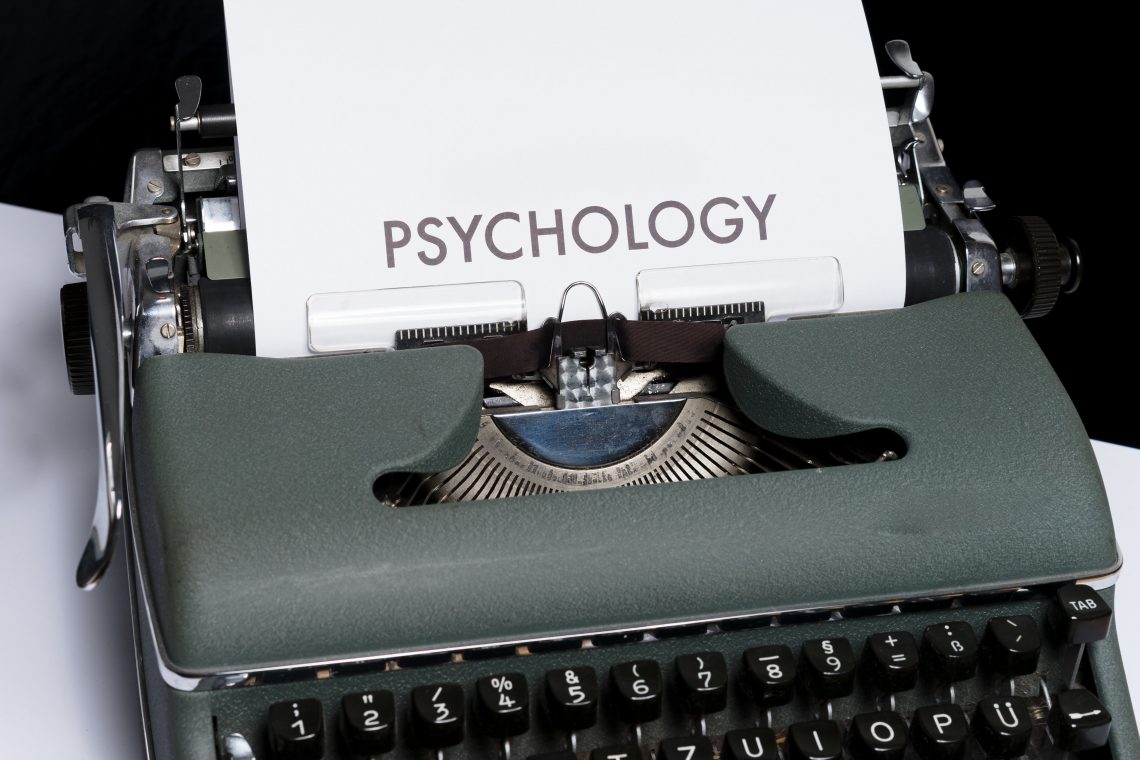
2020 has been a challenging year. COVID-19, longstanding racial inequities coming to a head, political divisions, and economic upheaval have collectively fomented into one of the most unique years I have witnessed in this nation across my lifespan. Daily reminders of these experiences figuratively and literally come crashing into our lives, and not a single life has escaped unaltered by these forces.
As a clinical psychologist, I have devoted the last two decades of my life attempting to understand how best to help individuals struggling to overcome various psychosocial challenges. At some point in all our lives we have weathered experiences of prolonged stress with elements of emotional helplessness and powerlessness commingled in varying degrees. The experienced intensity of the stressors, the age and length of time over which they occur, the type of relational resources we have around us during these periods, and our capacity to emotionally access them and experience them in a supportive manner often combine in inexplicable ways to surpass some invisible threshold, leading to an experience of psychological trauma.
Trauma ultimately exists outside the sphere of language and leaves an indelible imprint upon our psyches and bodies, powerfully shaping the unique array of physiological, emotional, behavioral, and relational patterns we then – often reactively and unconsciously – rely upon to “go on being.” In some sense, an adaptation or preservation has then occurred, though these adaptations oftentimes carry a defensive, inhibitive, self-destructive, or emotionally and relationally-destructive fragment within them. Thus, trauma becomes and remains a part of us.
While the current situational factors we are facing might very well have a traumatic impact upon any of us, what I’m more frequently observing in clinical work is how the present forces are, in tandem, serving as psychological triggers evoking or intensifying those unique patterns we historically internalized to weather the earlier storms of our lives: reactive isolation, compulsions, addictions, dissociation, shame, despair, self-hatred, or relational hegemony, to name a few. Thus, 2020 and all that it has ushered in become the grounds for a psychosocial regression and re-traumatization of sorts.
As a practitioner of the art of psychoanalytic psychotherapy, I spend my hours listening in a highly trained way to others: listening to language, thoughts, affect, sensations, experiences, dreams, parapraxis, defenses and resistances, psychosocial patterns layered within systems, experiences of objectification, exploitation, and oppression, and to various historic traumas endured and internalized; listening to what is unverbalized yet still communicated, listening to another’s experience of themselves and those in their lives, listening to their experience of me, listening to my self-experience as I tend to them, all as some further hint to the idiosyncratic nature and complexity of their struggles.
This listening, over a consistent and sustained period of time, informs how I aim to be and intervene in any given therapeutic hour with any individual so as to gradually introduce a sense of psychosocial healing and growth; to help another feel less alone, less anxious, less depressed, less overwhelmed, less painfully reactive, less compulsive, less confused, less afraid, less angry, less hurt, less empty, less numb or detached, less shame-ridden and self-hating. In essence, listening, being, reflecting, and intervening in a way with others so as to gradually help them become more aware of and free from the impact of situational, developmental, and relational traumas in their lives. All of which leads over time to a sense of more – more awareness, more engagement, more validation and security in self-experience, more emotional and relational freedom to choose and to act, more comfort being appropriately vulnerable in the right relationships, more emotionally connected, more hopeful, and a greater capacity to find pleasure and fulfillment in the simple beauties of life…